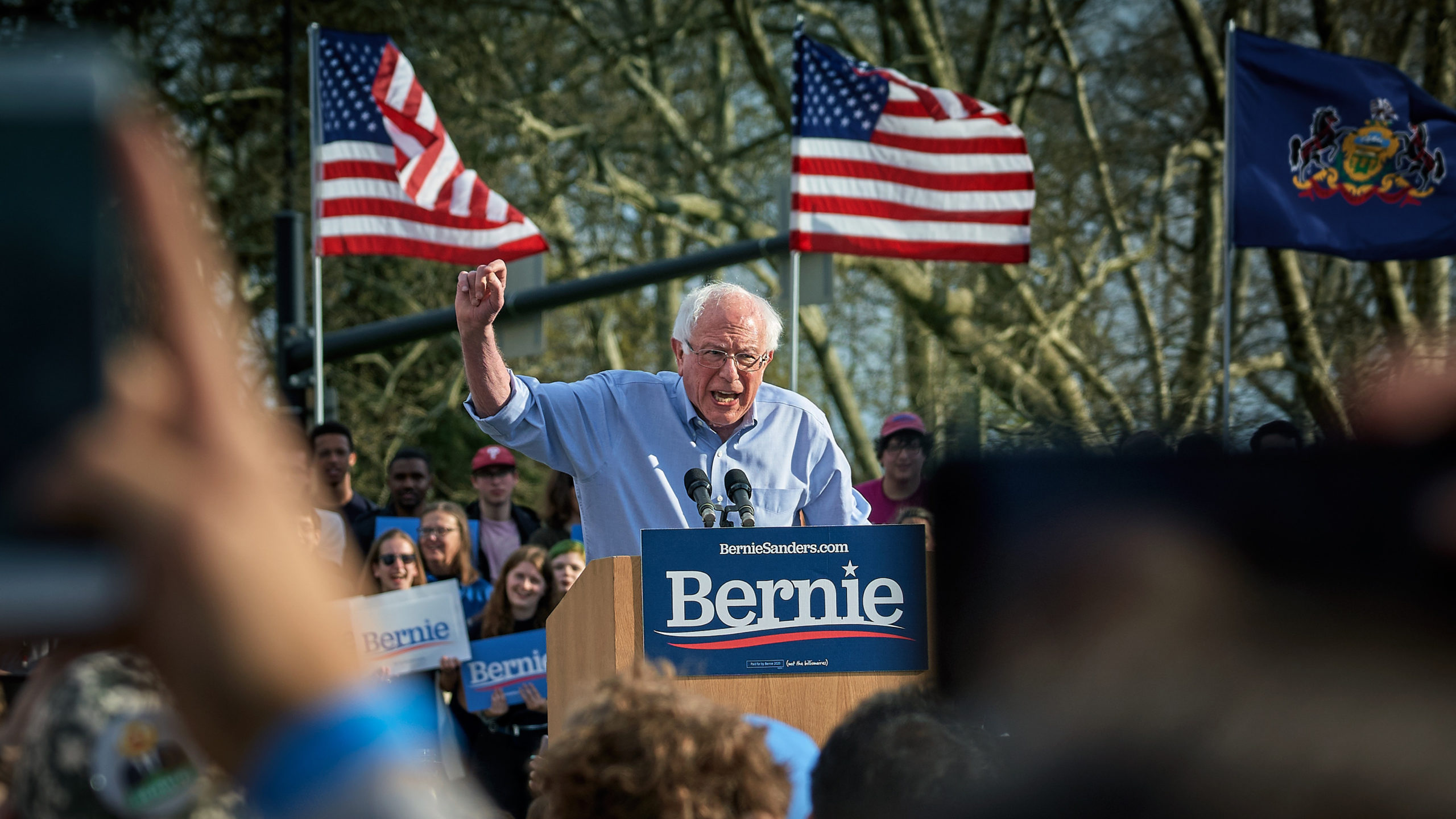Co-authored by Alexis Corn and Kathleen Van De Wille
Although political efforts to revamp the American health care system began in the early 20th century and has factored into multiple political platforms, advocating for a single-payer health care plan has primarily operated on the fringes of political discourse. Though the passage of President Barack Obama’s Affordable Care Act (ACA) in 2010 marked a shift in the way American citizens and politicians conceptualized the federal government’s role in health care, the palatability of expanding that role was mixed. Republican lawmakers swept into office in the 2012 midterms in part due to heavily campaigning on getting rid of the nascent health care overhaul. General election party candidates in 2016 centered the debate on the fate of the ACA. Then-candidate Donald Trump disavowed the ACA, while Democratic front-runner, former Secretary of State Hillary Clinton argued for strengthening the ACA and creating a public health insurance option.
Despite neither the principle general election candidates’ willingness to back a single-payer health care system, the 2016 presidential election elevated dark horse candidate Senator Bernie Sanders’ persistent call for a single-payer health care plan. Since his membership in the House of Representatives in the 1990s, Bernie Sanders has called for a single-payer universal health care system for Americans. While President Bill Clinton’s administration was pushing a universal health care proposal through Congress in the early 1990s, Sanders was among several members of Congress who opposed the plan, opting instead for a more dramatic single-payer universal health care system. During this time, Sanders was a cosponsor of Representative Jim McDermott’s single-payer bill, the American Health Security Act. Since that time, the sitting Vermont senator has advanced similar legislation on the subject several times, including most recently his “Medicare-for-All” bill.

In the 2018 mid-terms, Democrats saw a focus on health care generally, and single-payer specifically, as a winning strategy. Medicaid expansion was on the ballot in three states, continuing to elevate the popularity of that program. In safe blue states like New York, candidates campaigned openly as supporters of Medicare-for-All, feeling empowered by the certainty of retaining their seats to shift the discourse leftward. But even in redder states, such as Texas and Arizona, broader government intervention in health care was a part of former Representative Beto O’Rourke and Senator Krysten Sinema’s respective campaigns.
A further shift in the discourse around health care has come with the advent of the 2020 election. Sanders continues to argue that single-payer is the true progressive health care endgame, but his voice has now been amplified (and in some cases drowned out) by a chorus of other candidates. It is now no longer avant-garde to favor single-payer. The newest and most ambitious bill in the House, known colloquially as the Jayapal plan, (after Washington Representative Pramila Jayapal) has more than 100 co-sponsors. As of late March, Democrats have put forward nine separate plans for expanding health care, most of which at the very least flirt with single-payer. Just last week, the first congressional hearing on single-payer in over a decade was held, and a new CBO analysis on the fiscal feasibility of such a shift was released in a vague, though important report.
Not everyone supports going to single-payer entirely. The Washington Post reported that when asked “What should happen to private [health] insurance?” South Bend Mayor Pete Buttigieg, New York Senator Kirsten Gillibrand, New Jersey Senator Corey Booker, and Beto O’Rourke voiced support (to varying degrees) for maintaining private health insurance. Joe Biden, a recent entrant and the current Democratic front runner, has declined to comment on how his administration would approach the demand for single-payer, or indeed to comment on health care at all. His status as the front runner, though, will require him to eventually answer questions about his vision for health care in America.
Despite the lack of consensus around to what degree the
health care system should be altered, the conversation around single-payer has
shifted dramatically in the last decade. Health care has now become a litmus
test for all Democratic candidates. This follows a trend with many recent and
rapid shifts of the Overton window; the discourse has shifted far more on the
left than on the right. While Democrats have sped ahead, proposing aggressive
changes to the current health care system, Republicans in Congress and the
current administration are still in the process of reluctantly accepting some
of the milder elements of the ACA, as they have gained a wider popularity with
their constituents. It remains to be seen if single-payer will be a winning message
for Democrats, but it is clear that at least in the Democratic primary, it has
become a major part of the conversation.
The Overton window,
contrived by Joseph Overton, describes the boundaries of publicly-permitted
ideas on topics. The 2020 elections, both for the presidency as well as for the
House of Representatives, are showing marked departures from normal political
discourse. From health care, to gender, to privacy and the environment, new
ideas and topics are being tested on the electorate.